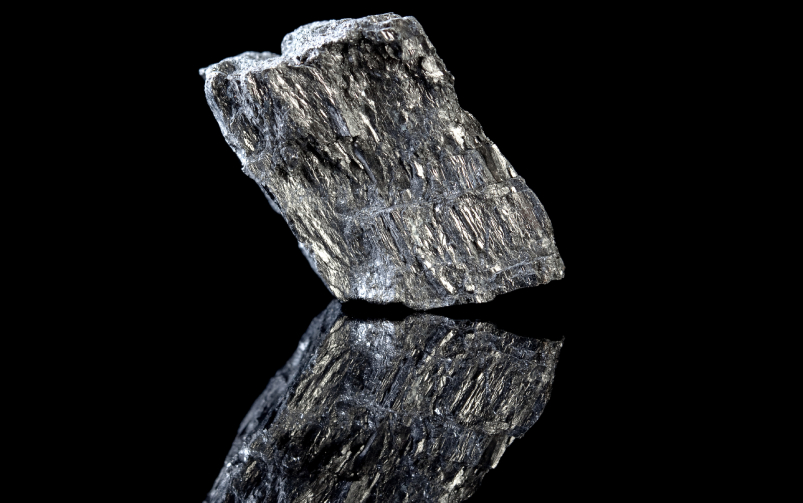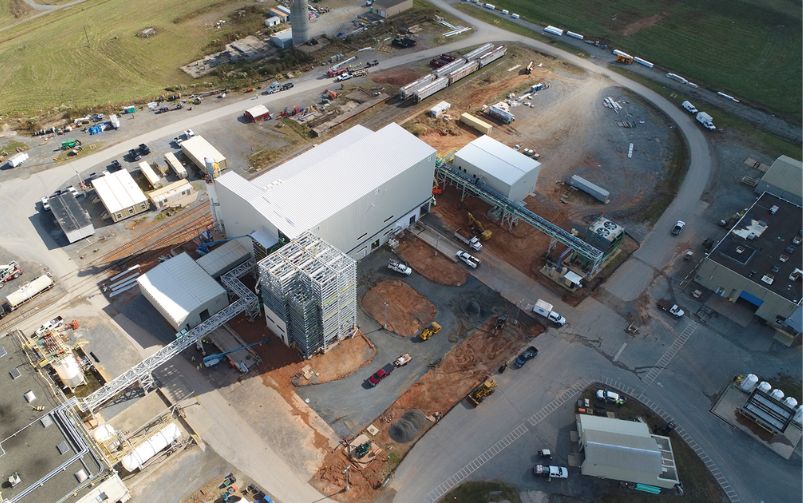Jonathan Price, Teck's CEO, said the company plans to focus on its QB2 copper project in Chile and that the proposed takeover from Glencore remains a "non-starter." Courtesy of Teck Resources.
Teck Resources announced it would not go ahead with a key shareholder vote to split the company and spin off its steelmaking coal business into a separate publicly traded company called Elk Valley Resources (EVR). In the separation plan, the company would have renamed Teck Resources to Teck Metals Corp., and that company would focus on base metals such as copper.
Teck released the announcement just hours before its annual meeting on April 26, where the company planned for shareholders to vote on the proposal.
“We received very strong support from shareholders for the goal of separation, which is to unlock value through creation of a premier, pure-play base metals company and a world-class steelmaking coal company,” said Jonathan Price, Teck’s CEO, in an April 26 press release. “We have also listened and heard the feedback that some shareholders would prefer a more direct approach to separation. Our plan going forward is to pursue a simpler and more direct separation, which is the best path to unlock the full value of Teck for our shareholders.”
Reuters reported that Teck was unable to convince a needed two-thirds majority of shareholders to approve the separation, with investors concerned the planned separation was unnecessarily complex.
Teck had maintained for the past several weeks that the separation plan held more value to its shareholders than a proposed takeover from Glencore, which would separate Teck into two companies, a metals company, MetalsCo, and a thermal and metallurgical coal and carbon steel company, CoalCo.
Teck’s board of directors rejected two bids from the mining giant earlier this month. In their April 27 statement, Teck reiterated that it is still not interested in Glencore’s proposal.
“In the interim, Teck is poised for value creation; we are ramping up our flagship QB2 copper project to full production, advancing our industry-leading pipeline of copper growth projects, and safely and responsibly optimizing production at our existing operations,” said Price in the release. “Glencore’s rejected proposals remain a non-starter, with the same flawed structure and material execution risks identified by our board.”
Glencore responded to Teck in an April 27 press release and said that it noted Teck’s decision to pursue a more simple and direct approach to separation and that its proposal still stands.
“Glencore’s proposal provides Teck shareholders with a clean separation for its coal business while also creating significant additional value for Teck’s shareholders in which they would fully and disproportionately share,” the company stated.
Glencore added it was willing to work with Teck’s board and management to address issues raised previously, and that it would ensure its proposal delivers benefits to Canada, including a global assets footprint through its proposed MetalsCo company, which would include significant critical minerals and recycling operations in Canada.
“Glencore looks forward to engaging with its Canadian stakeholders to ensure that they are provided with an accurate picture of Glencore’s extensive business in Canada, the significant investments Glencore has already made in developing critical minerals in Canada, as well as our commitment to being a responsible and ethical operator wherever we work,” the company said in the release.
At Teck’s annual meeting, shareholders voted on a proposed six-year sunset clause that was introduced by Teck earlier this year—98 per cent of shareholders voted in favour of amending Teck’s dual class share structure, where Class A common shares carry 100 votes per share and Class B subordinate shares carry only one vote per share. The amendment would end the special voting rights for class A shareholders in the sixth year of changing the clause.




